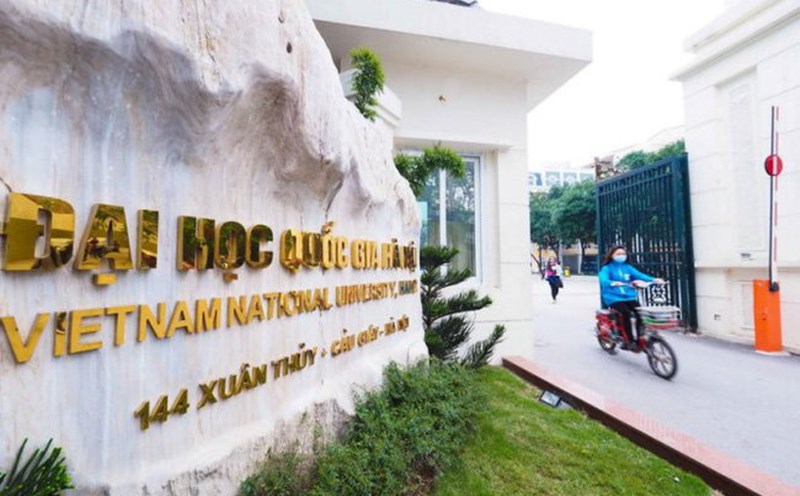Dark yellow school bus
According to Decree 151/2024, vehicles used for transporting students must be painted dark yellow on the outside of the vehicle, and the front and two sides of the vehicle above the windows must have signs identifying them as vehicles used specifically to transport students.
This type of vehicle must also have a device that records images of students and a device that has a warning function to prevent children from being left in the vehicle; the vehicle must have a lifespan of no more than 20 years. The vehicle must have age-appropriate seat belts or use a vehicle with age-appropriate seats according to regulations.
For vehicles used for transportation combined with child transport, the vehicle must have a sign identifying it as a school vehicle placed on the front and two sides of the vehicle above the windows.
When transporting preschool and primary school children, the vehicle must have at least one manager on each vehicle to guide, supervise, maintain order and ensure the safety of preschool and primary school children throughout the trip. If the vehicle has 29 seats or more (excluding the driver's seat) and carries 27 preschool and primary school children or more, the vehicle must have at least 2 people to supervise the children.
Modify the general education program development process
Circular 17/2024 of the Ministry of Education and Training amends and supplements a number of regulations on standards and procedures for developing and editing general education programs, effective from January 5.
The Circular adds a provision that "any person participating in drafting a program or a revised program draft is not allowed to participate in appraising that program".
This is to overcome the situation where some experts are both on the appraisal board and participating in writing textbooks for the new program, causing unfairness in censorship.
Regulations on job transfer time
Circular 19/2024 of the Ministry of Education and Training, effective from January 14, stipulates the list and periodic time for job transfer by sector and field of education and training at local authorities. This Circular does not apply to vocational education.
Accordingly, the circular stipulates the period for periodic transfer of work positions in the field of education and training from 3 to 5 years. The time for calculating the period for transfer of work positions is the time when there is a document on transfer, arrangement, and assignment of tasks by the competent authority according to the provisions of law.
Regulations on educational accreditation
Circular 22/2024 regulates educational quality assessment and recognition of national standards for kindergartens, primary schools, secondary schools, high schools and multi-level general schools, effective from January 25.
Regarding assessment criteria, the new circular reduces the time limit by 1 year compared to the previous regulation so that if a school achieves a low-level education quality accreditation, it will have at least 1 year (previously 2 years) from the date of external assessment recognition and request for recognition of higher-level education quality accreditation. This regulation motivates localities and schools to accelerate resource investment and focus on implementing quality improvement.
Regarding the rate of teachers meeting training standards, the circular stipulates that schools must comply with the Government's general regulations and the roadmap for raising teacher training standards according to the plan of the province or centrally-run city.
With this regulation, school principals will proactively include in their annual plans the assignment of teachers to attend advanced training courses to meet the regulations of the 2019 Education Law, ensuring the roadmap for improving teacher training standards according to the plans of the provinces and centrally run cities.
Regulations on admission to study abroad
Circular 20/2024 on regulations for enrolling students to study abroad, effective from January 14, 2025. Accordingly, candidates working at agencies, units, and localities who are selected to study abroad, the Department of International Cooperation will send a document notifying the results of the acceptance of the foreign educational institution, information on regulations and scholarship policies to the candidate. The candidate's direct management agency and issue a decision to send the candidate to study abroad when there is a document from the direct management agency agreeing to send the candidate to study abroad.
For candidates working at agencies, units, and localities who are selected to study with scholarships sponsored by foreign parties, the Department of International Cooperation will send a written notice of the admission results to the candidate and the candidate's direct management agency to handle procedures for studying abroad.
For candidates who do not have a working agency, the Department of International Cooperation will decide to send them to study abroad.











